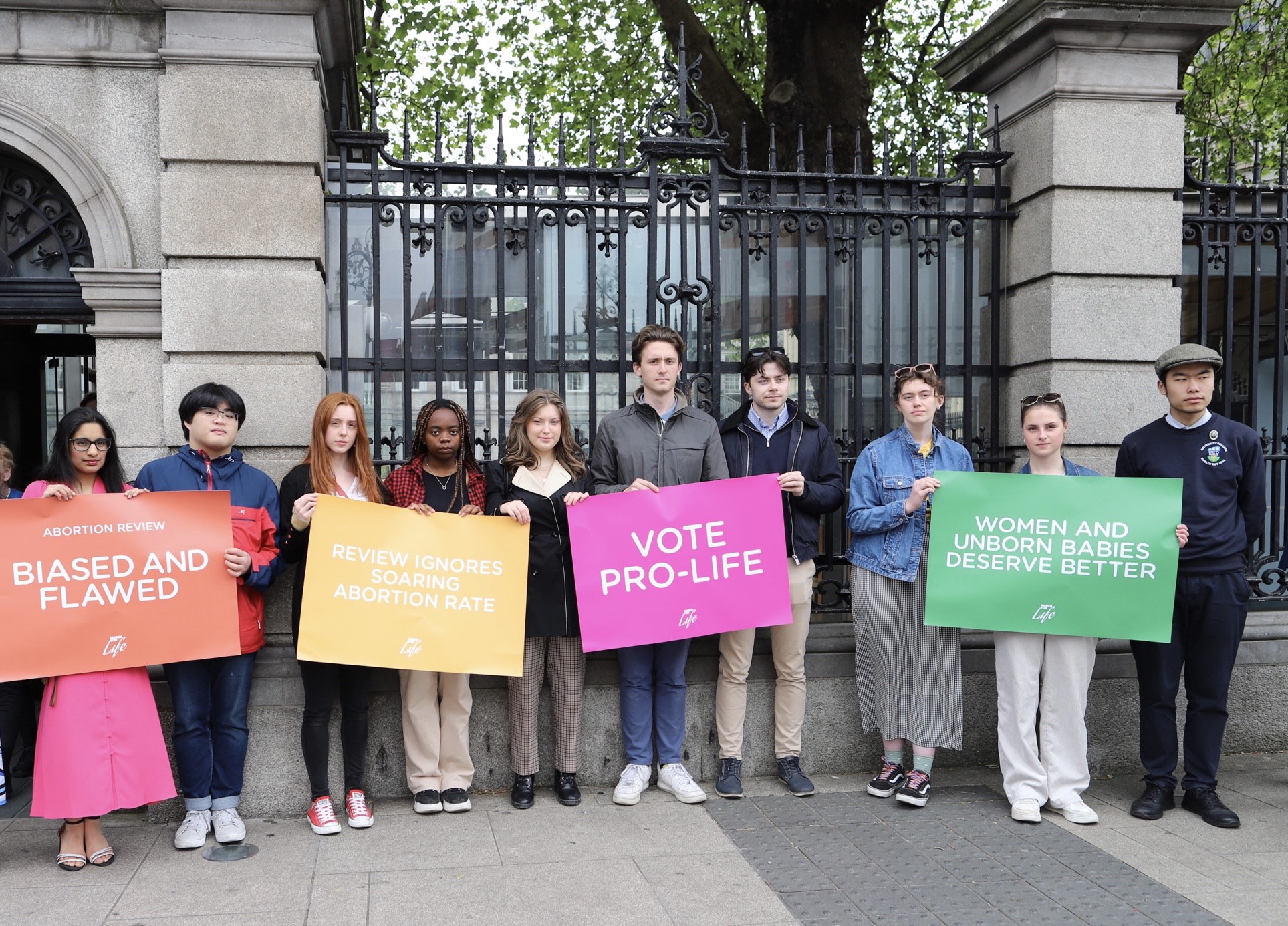
15th May 2012
A comprehensive study showing that 44 per cent of women expressed varying degrees of regret about their abortions “ must be urgently considered by the Minister for Health ”, the Pro Life Campaign (PLC) has said.
They were responding to the Irish Contraception and Crisis Pregnancy Study 2010 (ICCP 2010), produced by the HSE’s Crisis Pregnancy Programme (CPP).
The study showed that 31pc of women who had abortion experienced “some regrets”, with 13pc reporting that they experienced “a lot of regrets”. This represents an increase from 2003, when 22pc reported experiencing some regret, with 11pc saying they had a lot of regrets.
Spokesperson for the PLC, Dr Ruth Cullen, said the figures showed that the abortion debate “needed to make room for the voices of the increasing number of women who regret their abortion”.
She said: “While there has been considerable media focus on the stories of women who wished to see abortion legal in Ireland, the same cannot be said for the stories of women who regret their abortions. This has to change.
She said: “Even organisations like the National Women’s Council of Ireland, which are supposed to represent all women, dismiss organisations that seek to express the pain of women hurt by abortion.
Dr Cullen also said that Minister James Reilly needs to take into account the experiences of women who regretted their abortion and ensure that counselling services also acknowledge this reality.
She expressed surprise that the CPP had not conducted research into the mental health impact of abortion, given the fact that there were now a number of studies showing that abortion presented a considerable risk to the mental health of women.
Dr. Cullen said: “A number of peer reviewed studies have now shown that women who have abortions are up to 30pc more likely to experience subsequent mental health problems. This is even after those studies controlled for women with pre-existing mental health conditions.
“One might have expected a comprehensive study on crisis pregnancy to have examined this area.”
Dr Cullen also noted that the study’s findings on attitudes to abortion were compromised by the question asked.
According to the survey, 45 per cent of adults believed abortion should be permissible in all circumstances, down from over 50 per cent in a similar study in 2003. And 44 per cent said it should be available under certain circumstances, up from 39 per cent in 2003.
However, Dr Cullen said, the survey’s question relating to abortion when there is a risk to the woman’s life “failed to make the distinction between medical interventions in pregnancy to save the mother’s life and induced abortion, the sole aim of which is to end the life of the baby.
She said that this shortcoming in the research made the findings on attitudes to abortion “effectively irrelevant”.
You can view the CPP study in PDF format here

